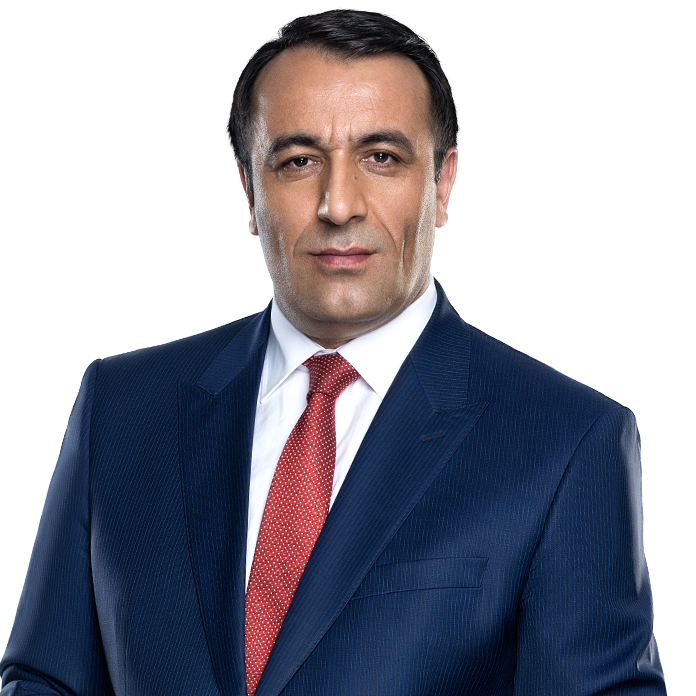Last week Wednesday, before Turkey’s Central Bank’s Monetary Policy Committee (MPC) meeting, I ended my op-ed as such: “The expected hike rate will lead already high interest rates to increase even further. What’s more, and even more importantly, it would do good to remember that meeting all expectations with an interest hike will result in a never-ending spiral of high interest rates in the economy.
“On the other hand, we need to point out the problems engendered by the inflow of hot money as an outcome of upgraded interests. Hence, it is safe to say that today’s MPC meeting won’t be a piece of cake for Turkey’s Central Bank.”
However, following the MPC meeting last week, we witnessed that the Central Bank didn’t even bat an eye when it decided to raise rates by 2 percentage points, double what experts expected. No one could believe their eyes. Even those market circles anticipating a hike in rates weren’t prepared for this.
The announced rate hike decision led to comments that it was being frontloaded due to inflation concerns in the U.S., the rising trend of U.S. bond yields, fluctuations in developing countries' currencies and possible domestic and foreign political risks.
This frontloaded interest decision was an extremely generous one because interest rates were already high as it is. During former Central Bank Governor Naci Ağbal’s four-month-term, he raised interest rates by 875 basis points. Hence, increasing rates from 10.25 percent to 19 percent. There is no doubt that these hikes will have cost the economy a high price.
However, it is a fact that the Central Bank’s hiking of interest rates, which it does to ensure price stability as a part of its own basic duties, is a comfortable policy for itself but a costly one for the community. For this reason, the Central Bank now needs to diversify the tools it uses, as it should have goals other than price stability.
It must not be forgotten that the deep erosion on production, the imbalances of supply and demand and the slew of resources that will exit the country by abandoning real investment caused by high interests, is important for developing countries like Turkey. These losses will prove detrimental to economic activity.
Most importantly, the hiking of interest rates in this environment, although it seems to be done with the aim of controlling inflation, makes the Central Bank's goal of curbing the exchange rate much more evident. Of course, it should not be forgotten that the concern of dollarization, which will rise due to possible risks, will propel the country into a high interest spiral.
Hence, we clearly have witnessed that, under these conditions, sustaining the hike of high interest rates is not at all optimal. The fact that it led to the dismissal of Central Bank Governor Naci Ağbal shows the extent of the burning problem of high interest rates.
To be honest, the expectations are high for the central bank’s new governor, Professor Şahap Kavcıoğlu. Under his administration, the Central Bank is expected to gradually lower previously raised interest rates and prioritize economic growth and employment.
On the other hand, we must not forget that controlling inflation, decreasing the volatility in foreign currency rates produced by a litany of reasons and governing potential risks that could arise overseas are critical problems of this era too.
On that note, I would like to wish our colleague Professor Şahap Kavcıoğlu success in his new job.




















